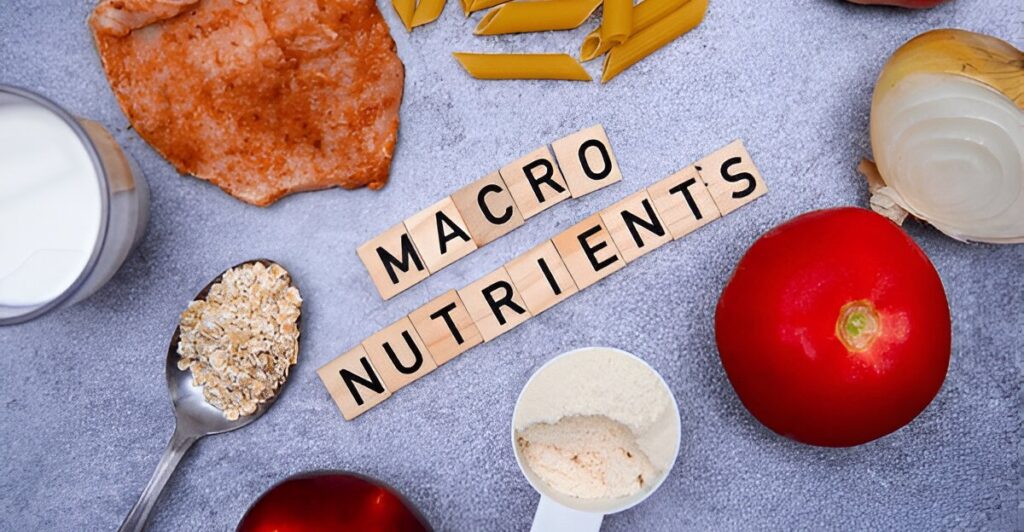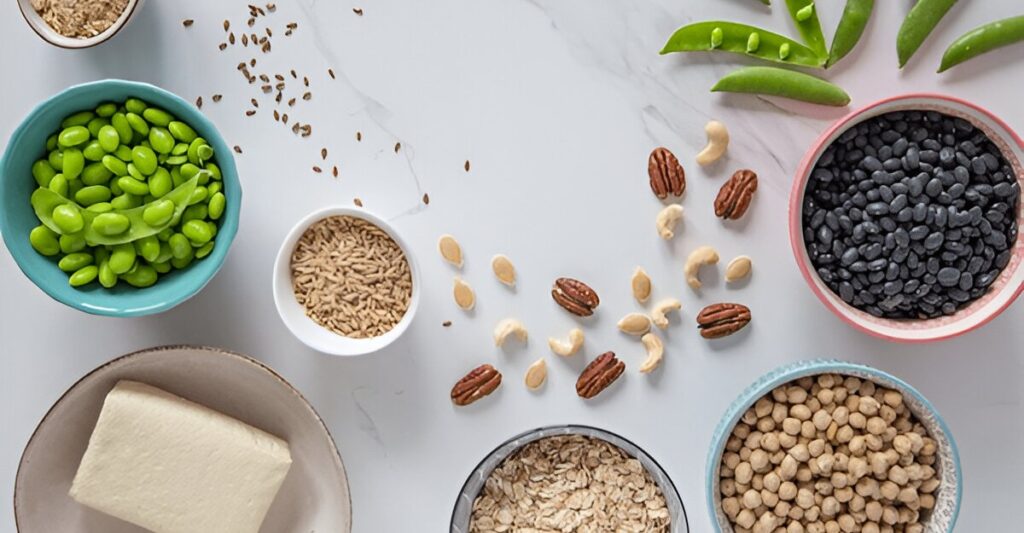Feeling sluggish, tired, or drained by midday? Your diet could be the key to unlocking sustained energy and vitality. The foods you eat directly impact your energy levels, influencing everything from mental focus to physical stamina. In this article, we’ll share practical, science-backed tips on how to eat for more energy, helping you power through your day with ease.
Why Food Is Your Energy Source
Your body relies on food to produce energy, primarily through carbohydrates, proteins, and fats. These macronutrients are broken down into glucose, amino acids, and fatty acids, which fuel your cells. However, not all foods are created equal when it comes to sustaining energy. By choosing nutrient-dense options and optimizing eating habits, you can avoid energy crashes and maintain steady vitality.
Let’s dive into the best strategies to eat for more energy and feel your best.
Top Nutrition Tips to Eat for More Energy
Here are actionable ways to fuel your body for lasting energy:
1. Start with a Balanced Breakfast
Breakfast sets the tone for your energy levels. A balanced morning meal stabilizes blood sugar and provides fuel for the day. Include:
- Complex carbs: Whole-grain toast, oatmeal, or quinoa.
- Protein: Eggs, Greek yogurt, or nut butter.
- Healthy fats: Avocado or a handful of nuts.
Example: Try overnight oats with chia seeds, berries, and a scoop of almond butter for a nutrient-packed, energy-boosting start.
2. Choose Complex Carbohydrates
Carbohydrates are your body’s preferred energy source, but refined carbs (like white bread or sugary snacks) cause rapid blood sugar spikes and crashes. Opt for complex carbs, which release energy slowly:
- Whole grains: Brown rice, farro, or whole-wheat pasta.
- Starchy vegetables: Sweet potatoes, butternut squash, or corn.
- Legumes: Lentils, chickpeas, or black beans.
These foods are rich in fiber, which slows digestion and provides steady energy.
3. Incorporate Protein at Every Meal
Protein supports muscle repair and helps maintain stable blood sugar, preventing energy dips. Include lean protein sources like:
- Animal-based: Chicken, turkey, salmon, or eggs.
- Plant-based: Tofu, tempeh, edamame, or lentils.
Aim for 15–30 grams of protein per meal. For example, a lunch of grilled chicken, quinoa, and roasted vegetables offers a perfect energy-sustaining balance.
4. Don’t Skip Healthy Fats
Fats are a concentrated energy source, providing long-lasting fuel. Focus on healthy fats that support brain function and heart health:
- Omega-3-rich foods: Fatty fish (salmon, mackerel), walnuts, or flaxseeds.
- Monounsaturated fats: Olive oil, avocados, or almonds.
Add a drizzle of olive oil to salads or snack on a handful of mixed nuts to keep energy levels steady.
5. Eat Fiber-Rich Foods
Fiber slows the absorption of sugar, preventing energy spikes and crashes. It also supports gut health, which is linked to overall vitality. Boost fiber intake with:
- Vegetables: Broccoli, kale, or carrots.
- Fruits: Apples, pears, or berries (with skin for extra fiber).
- Whole grains: Bulgur, barley, or whole-grain bread.
Aim for 25–35 grams of fiber daily. A smoothie with spinach, berries, and chia seeds is an easy way to pack in fiber and nutrients.
6. Stay Hydrated
Dehydration can sap your energy, causing fatigue and poor focus. Water is essential for transporting nutrients and oxygen to cells. Tips to stay hydrated:
- Drink 8–10 cups of water daily, more if you’re active.
- Include hydrating foods like cucumbers, watermelon, or oranges.
- Sip herbal teas or infused water for variety.
Carry a reusable water bottle to ensure you’re sipping throughout the day.
7. Snack Smart for Energy Boosts
Strategic snacking prevents energy slumps between meals. Choose snacks that combine protein, fiber, and healthy fats:
- Apple slices with almond butter.
- Greek yogurt with granola and berries.
- Hummus with carrot sticks and whole-grain crackers.
Avoid sugary snacks, which provide a quick boost but lead to crashes.
8. Limit Caffeine and Sugar
While caffeine and sugar offer temporary energy boosts, they can disrupt sleep and cause energy dips later. Moderation is key:
- Limit coffee or tea to 1–2 cups, ideally before 2 p.m.
- Avoid sugary drinks and desserts; opt for natural sweeteners like fruit or a touch of honey.
If you need a pick-me-up, try green tea, which contains L-theanine for calm, focused energy.
9. Include Energy-Boosting Superfoods
Certain foods are particularly effective at enhancing vitality. Add these to your diet:
- Spinach: Rich in iron, which supports oxygen transport and combats fatigue.
- Bananas: Packed with potassium and natural sugars for quick energy.
- Chia seeds: Provide fiber, protein, and omega-3s for sustained fuel.
- Dark chocolate: A small piece (70% cocoa or higher) offers antioxidants and a mild caffeine boost.
Sprinkle chia seeds on yogurt or blend spinach into a smoothie for an easy energy upgrade.
Lifestyle Habits to Amplify Energy
Nutrition is just one piece of the puzzle. Combine these eating habits with lifestyle changes for maximum vitality:
- Exercise regularly: Even a 20-minute walk boosts endorphins and energy.
- Prioritize sleep: Aim for 7–9 hours of quality sleep to recharge your body.
- Manage stress: Practices like meditation or yoga reduce cortisol, which can drain energy.
Who Can Benefit from Eating for More Energy?
These tips are ideal for anyone looking to boost energy, including:
- Busy professionals juggling work and life.
- Athletes or active individuals needing sustained fuel.
- Students requiring mental clarity for studying.
- Anyone feeling fatigued or low on vitality.
If you have medical conditions like anemia or thyroid issues, consult a healthcare provider to address underlying causes of low energy.
Overcoming Common Challenges
Adopting an energy-boosting diet can have hurdles. Here’s how to tackle them:
- Time constraints: Prep meals in advance, like batch-cooking grains or chopping veggies.
- Cravings for junk food: Keep healthy snacks on hand to curb urges.
- Dining out: Choose grilled proteins, veggie sides, and whole-grain options when possible.
Conclusion: Fuel Your Day with Smart Nutrition
To eat for more energy, focus on nutrient-dense foods like complex carbs, lean proteins, healthy fats, and fiber-rich options. Pair these with smart habits like staying hydrated, snacking strategically, and limiting caffeine. Small changes, like adding a handful of nuts or swapping white bread for whole-grain, can make a big difference in how you feel.
Ready to boost your energy? Start by incorporating one or two of these tips into your routine, such as eating a balanced breakfast or adding a fiber-rich snack. With consistent effort, you’ll feel more vibrant and ready to tackle your day.


